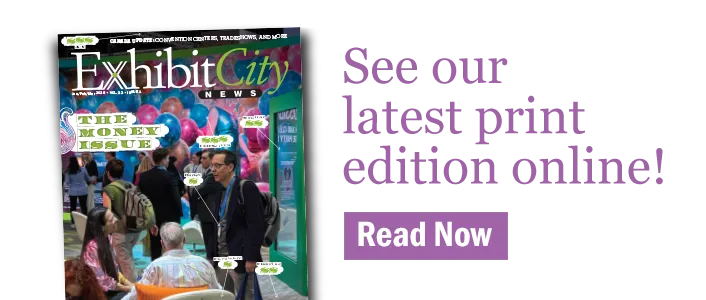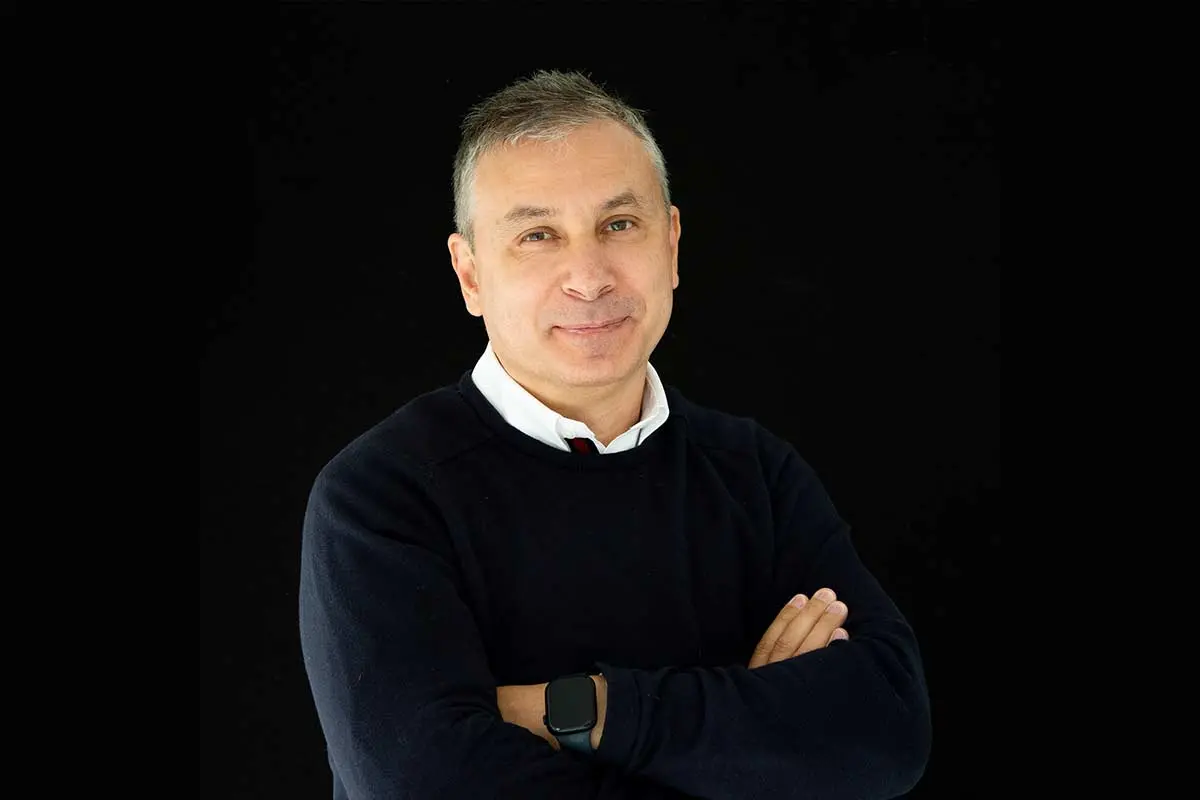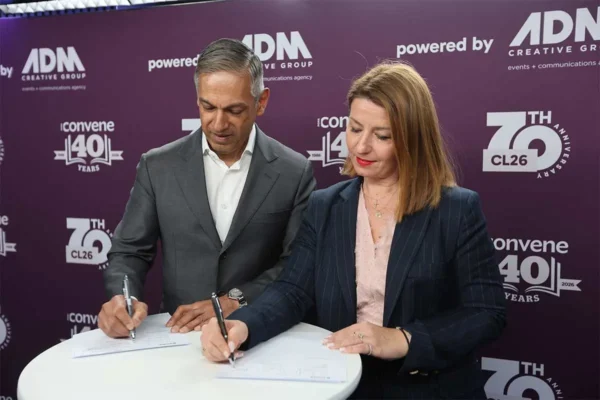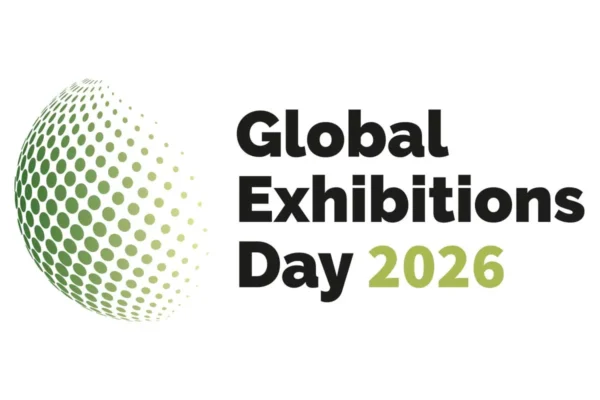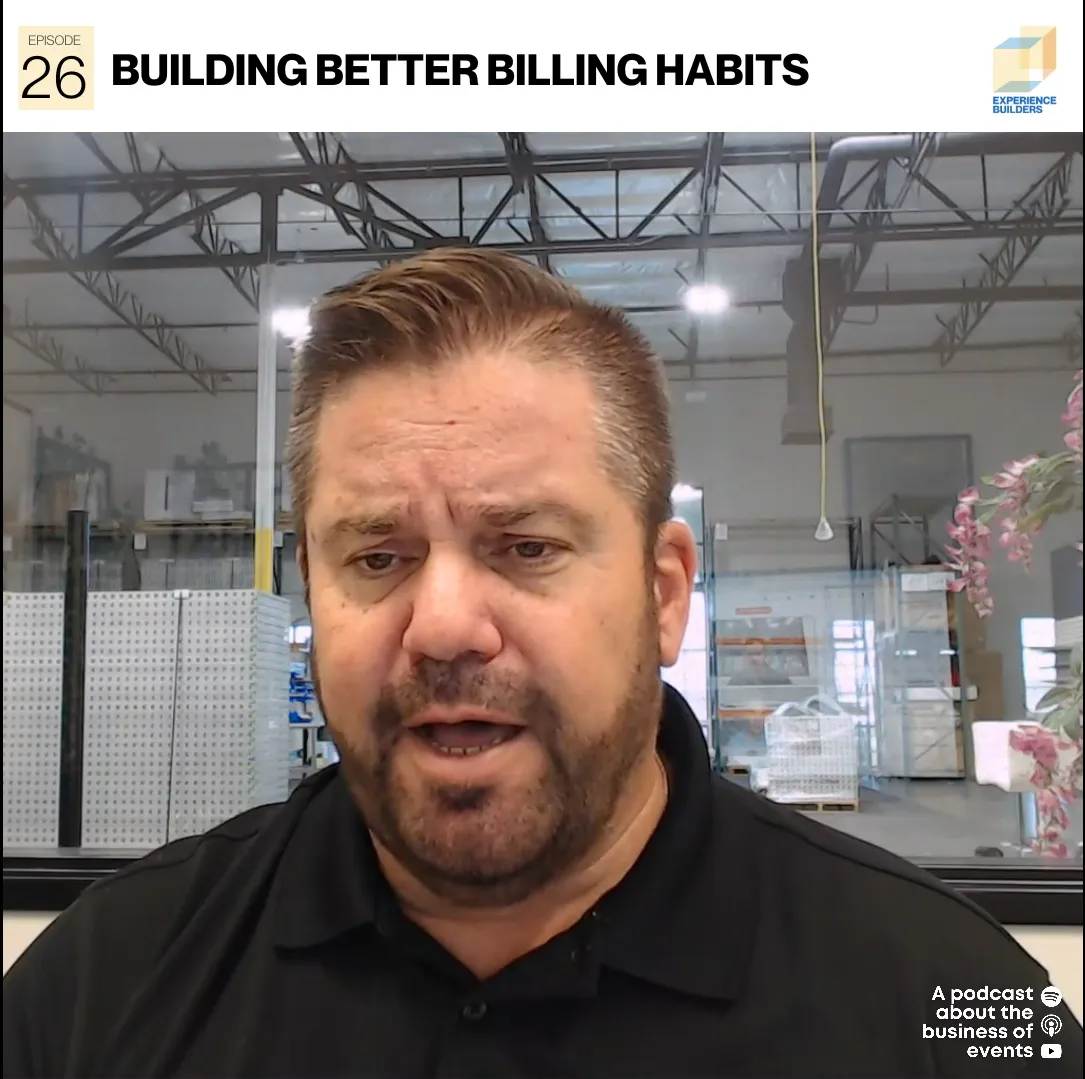By Pedro Magalhães, CEO of Europalco
In the events industry, most of what we do is invisible by design. We arrive early, we stay late, and we create something fleeting but unforgettable. But behind those moments of magic, there is a growing awareness: every event has a footprint. The question we must now ask is—what kind are we leaving behind?
Sustainability has become one of the defining responsibilities of our profession. It is no longer a peripheral concern or a branding exercise. It’s a practical, ethical, and—more often than not—necessary lens through which we must plan and execute our work.
Clients, attendees, suppliers, and teams are increasingly aware of the impact events can have, both positive and negative. This growing awareness brings with it higher expectations. It’s not just about reducing waste or cutting emissions. It’s about making more thoughtful choices at every stage of the process—from design and logistics to procurement and post-event reporting.
One useful framework for bringing this intention into action is ISO 20121, the international standard for sustainable event management. Unlike some certifications that focus purely on results, ISO 20121 is process-oriented. It encourages companies to build systems that identify impacts, set goals, and continuously improve. It asks: How are you choosing your materials? How are you engaging your teams? Are you measuring what actually matters?
While the framework of ISO 20121 has remained consistent, its relevance has grown significantly. More and more event companies are now adopting and applying it in a structured and meaningful way, driven by growing pressure for sustainability, ESG policies, regulatory frameworks, and client expectations. It’s no longer a niche benchmark—it’s becoming a baseline.
At Europalco, we obtained ISO 20121 certification in 2024, becoming the first Portuguese company in the events sector to do so. The process didn’t involve reinventing everything we did—it was about aligning our practices, setting clearer objectives, and reinforcing a culture of accountability. One of the most valuable lessons we learned is that sustainability doesn’t live in a single department. It has to be embedded across teams and supported by the people making day-to-day decisions.
That mindset also shapes the small decisions we make every day. To keep that awareness alive, we created an internal initiative, a Sustainability Bingo that encourages employees to adopt and share simple eco-conscious habits, from reducing energy use to choosing second-hand items. It’s a lighthearted way to make sustainability part of our daily routine, but with a real impact. By engaging our teams creatively, we reinforce a shared culture of responsibility that goes beyond project timelines and into the heart of how we work.
Real sustainability work often happens before anyone steps into the venue. It begins with project planning, material selection, and transport logistics. In our case, that has meant reusing materials like carpets, stage wood, and set elements, printing exclusively with water-based inks, and optimising cargo logistics with custom-fit baskets to reduce environmental impact. All of our lighting and audiovisual gear now runs on energy-efficient equipment. Just as importantly, we’ve invested in staff engagement—from internal awareness campaigns to safety briefings and ongoing community involvement.
Most of our work takes place in Portugal and Spain, where we host and produce events for clients from across Europe and beyond—including the UK, France, Germany, Italy, and North America. These international collaborations often involve close coordination with global teams to deliver events locally in the Iberian Peninsula.
But sustainability doesn’t stop at the set. Logistics and transport often represent a significant share of an event’s carbon footprint. That’s why load optimization plays such a key role—we use standardized flight cases and tailored baskets to reduce the number of trips. Team travel is consolidated using shared vehicles whenever possible, helping to cut emissions. Even catering choices and the proximity of food sources are considered, supporting the local economy and minimizing unnecessary transport.
Of course, no event is perfect. But each one offers an opportunity to learn, improve, and raise the bar.
Looking ahead, setting clear sustainability targets has helped us move from good intentions to long-term commitment. At Europalco, this includes reducing reliance on non-renewable materials, increasing the use of renewable energy, and cutting energy consumption per event. We’re also investing in community partnerships, encouraging reuse through internal programs, and aligning environmental, social, and safety goals as part of a broader strategy that puts sustainability at the centre of how we grow.
If there’s one thing this journey has taught us, it’s that sustainability is a shared responsibility. The technical teams, planners, suppliers, and clients all play a role. It’s not always the most convenient or cost-effective path. But when you see waste being creatively reused, or when a team member feels proud of the impact they’ve helped make, it becomes clear: sustainability isn’t just a checkbox. It’s a culture.
As our industry continues to evolve, sustainability is no longer a differentiator—it’s a foundation. ISO 20121 offers structure, but the drive must come from within. As producers, we have the unique privilege of creating temporary spaces that bring people together. That privilege comes with responsibility.
Done right, sustainable practices don’t constrain creativity. They inspire it. They invite us to rethink how we work, challenge old habits, and design events that are not only memorable—but meaningful. And that, ultimately, is the kind of legacy worth leaving.
About Europalco
Europalco is Southern Europe’s leading provider of technical solutions for corporate events, with nearly three decades of experience supporting national and international clients. From audiovisual systems and scenic design to logistics and custom builds, the company delivers a full range of services for conferences, product launches, exhibitions, and large-scale live events. Headquartered in Lisbon with additional facilities in Porto and the Algarve, Europalco was the first Portuguese company in the events sector to achieve ISO 20121 certification for sustainable event management.
Visit europalco.pt/en/



